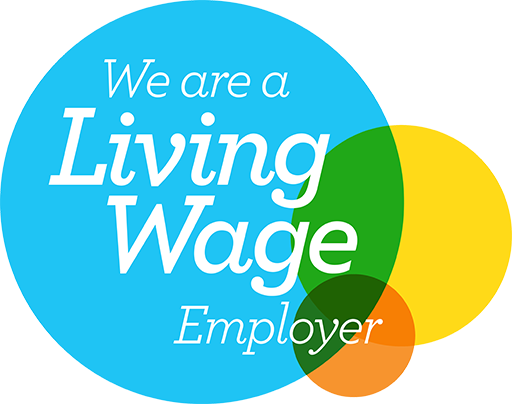Social enterprises are diverse and utilise a variety of legal forms and structures to implement their more-than-profit approach. These include:
- Co-operatives and Mutuals
- Credit Unions
- Housing Associations
- Social Firms
- Community Interest Companies (CICs)
- Development Trusts
Practical Considerations
The term ‘social enterprise’ is a broad umbrella rather than a specific legal designation. Besides the six forms listed above, a social enterprise might also be structured as:
- Company Limited by Guarantee (CLG)*
- Trust*
- SCIO (Scottish Charitable Incorporated Organisation)
- Community Interest Company (CIC)
- Co-operative Society
- Community Benefit Society (BenCom)*
*These may or may not have charitable status.
How to Choose the Right Legal Structure
Each legal form or structure offers distinct benefits, limitations, and reporting requirements. Your choice will depend on factors such as your funding approach and how you plan to use any profits. Additional considerations include whether you wish to benefit from tax advantages and the level of control you want to maintain over your social enterprise.


